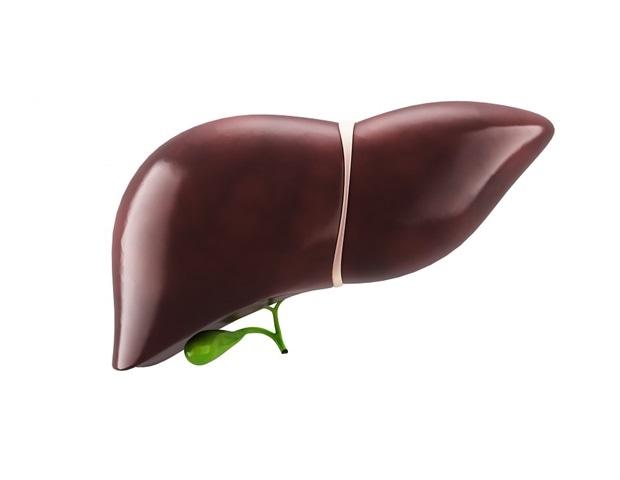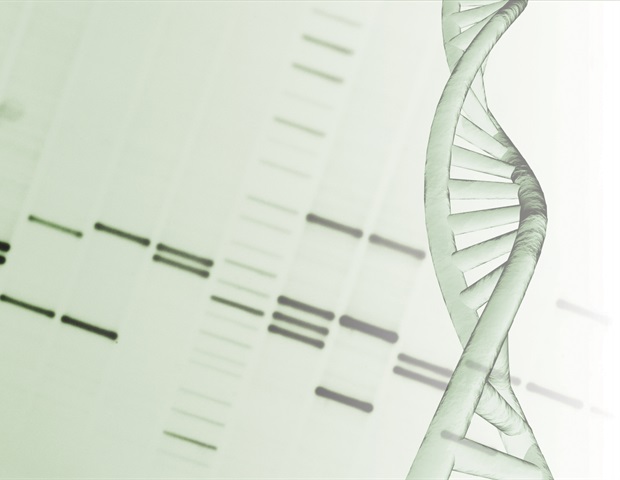A new large study led by researchers at the American Cancer Society (ACS) shows older age and smoking are the two most important risk factors associated with a relative and absolute five-year risk of developing any cancer. The findings also demonstrate that in addition to age and smoking history, clinicians should consider excess body fatness, family history of any cancer, and several other factors that may help patients determine if they may benefit from enhanced cancer screening or prevention interventions. The data was published today in the journal Cancer.
Single cancer type-specific screening recommendations are based on risk factors for that specific type of cancer. Our findings are encouraging as we are working to define subgroups in the general population who could benefit from enhanced cancer screening and prevention.”
Dr. Alpa Patel, senior vice president, population science at the American Cancer Society and lead author of the study
For this study, researchers analyzed two ACS prospective cohort studies, Cancer Prevention Study-II Nutrition Cohort and Cancer Prevention Study-3 to identify the risk factors associated with greater than two-percent absolute risk of any cancer within five years. The authors studied 429,991 participants in the United States with no prior personal history of cancer and followed for cancer for up to five years. Multivariable Cox proportional hazards models were used to estimate hazard ratios (HR) and 95% confidence intervals for association. Using these HRs, individualized Coherent Absolute Risk Estimation was used to calculate absolute risks by age.
The results showed 15,226 invasive cancers were diagnosed among participants within five-years of enrollment. The multivariable-adjusted relative risk of any cancer was strongest for current smokers compared with never smokers. In men, alcohol intake, family history of cancer, red meat consumption, and physical inactivity were also associated with risk. In women, body mass index (BMI), type 2 diabetes, hysterectomy, parity, family history of cancer, hypertension, tubal ligation, and physical inactivity were associated with cancer risk. Absolute five-year risk exceeded two-percent among nearly all persons greater than 50 years old and among some persons less than 50 years old including current or former smokers (less than 30 years since quitting) and long-term nonsmokers with a BMI greater than 25 or a first-degree family history of cancer. The absolute five-year risk was as high as 29% in men and 25% in women.
“As we consider the possibility that future tests may be able to identify several types of cancer, we need to begin understanding who is most at risk for developing any type of cancer,” said Patel. “These types of data are not widely available, but necessary to inform future screening options, such as blood-based multi-cancer early detection tests that could help save lives.”
Source:
The American Cancer Society







